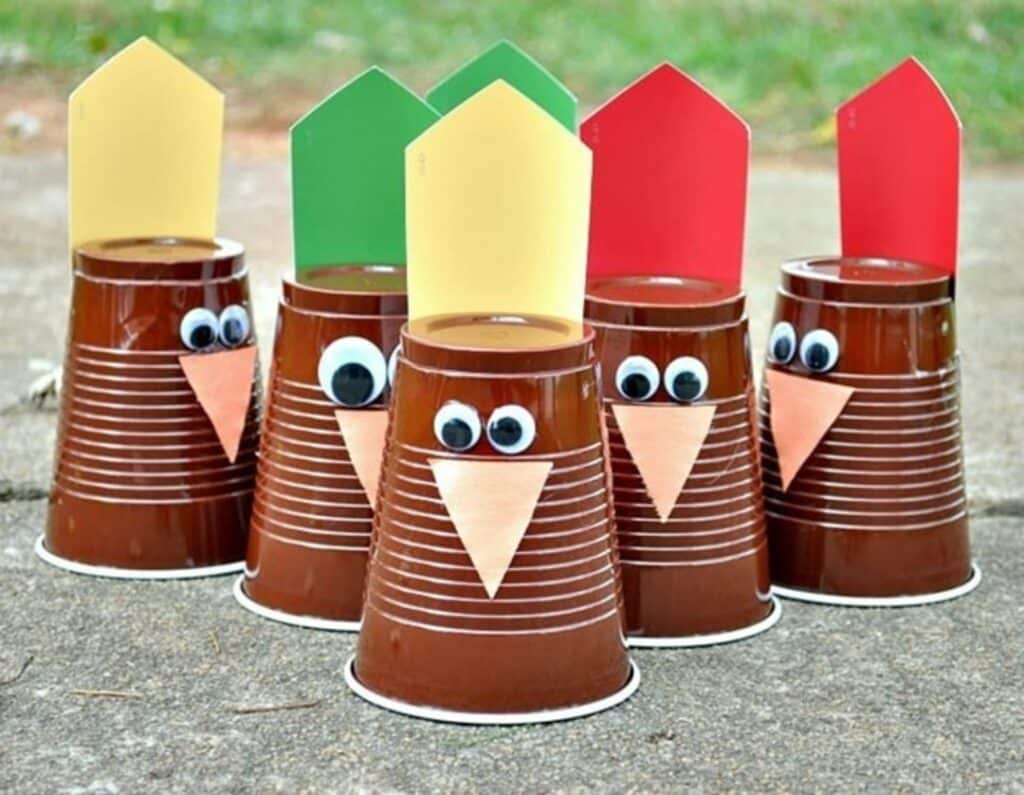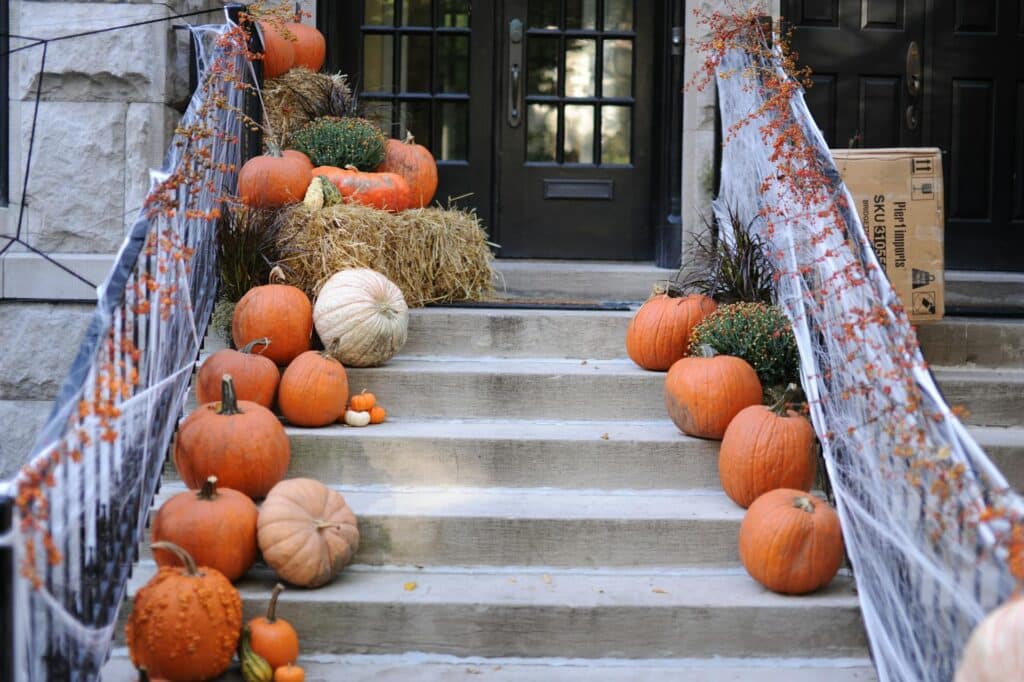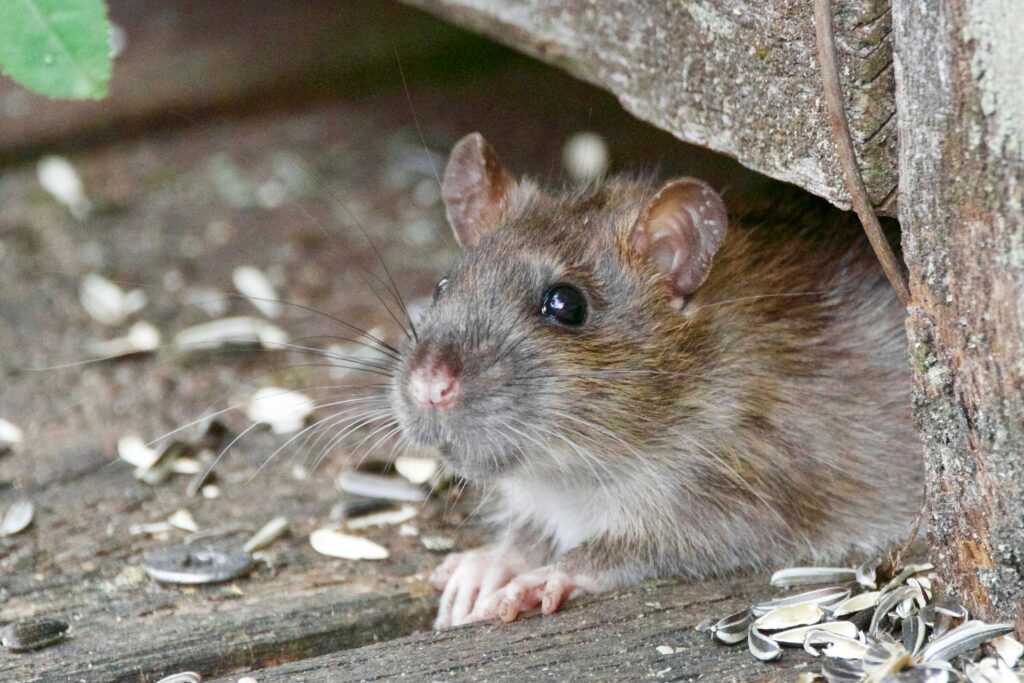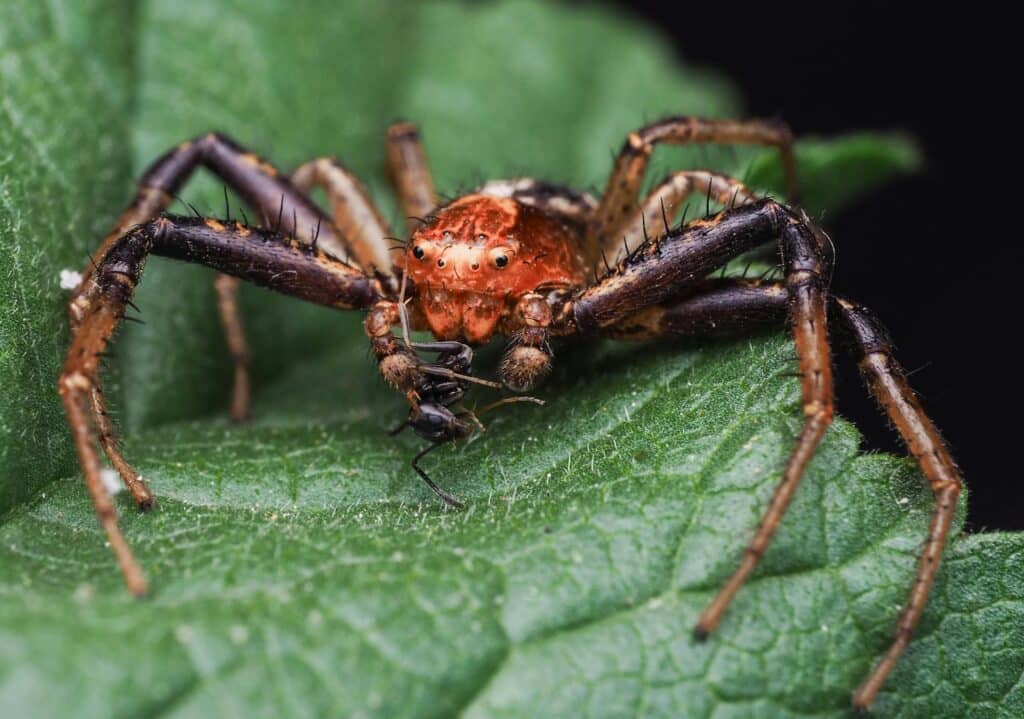If you have a garden, you might know the hassle of slugs and snails eating your precious plants. While they aren’t dangerous to humans, they can slowly wreak havoc to your garden and potentially start an infestation in your home. In this article, we’ll take a closer look at these creatures, plus we’ll explore how to prevent or get rid of snails and slugs in your garden or home.
Introduction to Snails & Slugs
Snails and slugs are formally known as gastropods (technically, they’re mollusks). It’s easy to recognize these creatures living near your garden by the slimy trails they leave behind, as well as deadly holes in your plants.
Snails and slugs are very similar – the only real difference is the fact that snails have shells, while slugs don’t. Both have thousands of teeth, typically used to eat organic materials such as leaves and plants. Unfortunately, aphid extermination isn’t the only type of garden pest you need to worry about if slugs and snails are around. However, some slug species (such as leopard slugs) actually eat other slugs as well as dead or rotting plants. They don’t damage living plants and are very beneficial to your garden. This species is easy to recognize due to its leopard-like print.
Why Do Snails Come Out in the Rain?
Both snails and slugs rely on moisture to survive. Their bodies dry out very quickly when they are active without moisture to support them. This is why they only become active when it rains or when you’ve recently watered your garden. In addition, most slugs are typically active at night because it’s cooler and more humid (plus there are fewer predators to hunt them).
If they know there is a food source nearby (like your garden), they’ll hide nearby until the dampness returns. Many slugs are most active in spring and summer due to the increase of plants and garden watering.
Where Do They Go When It’s Sunny?
Another common curiosity is where snails and slugs go when it’s not raining, due to the fact that it seems like they only exist when it rains! When there is no moisture outside, garden snails and slugs go into hiding to prevent water loss and avoid predators.
Snails find cool spots such as empty plant pots, under window-sills, rocks, or in piles of firewood. To reduce water loss, they seal themselves using dried mucus. Snail shells also aid in preventing water loss. Since slugs don’t have a shell, they tend to squeeze into more compact, damp hiding spots that snails wouldn’t be able to reach. They also use dried mucus to protect themselves from water loss.
How to Get Rid of Snails & Slugs
Unfortunately, snails and slugs can become a real problem for some gardens, especially if you live in a wetter area. You won’t always see them due to snails and slugs nocturnal nature, but it’s easy to recognize the trail of slime they leave behind. Since your plants need water to survive, it can be hard to prevent or get rid of snails and slugs. However, here are a few tips.
Remove Hiding Spots
Slugs and snails have to hide somewhere when it’s not damp. If you always find them in your garden, they likely have a nearby hiding spot. Make sure to remove any hiding spots such as rocks, piles of firewood, planters or flower pots, and anything else that can be moved. Sometimes, you can track their trails to find their hiding spots.
Indoor Removal
Sometimes slugs and snails make their way indoors, which can lead to an inconvenient infestation. This typically happens when there are damp areas in the home such as basements and crawl spaces. To prevent this, make sure to seal all cracks and spaces under doors that can be used as entry points. In addition, use a dehumidifier to remove moisture from all areas of the home.
Natural Prevention
There are a few natural ways to get rid of slugs and snails in your garden. For example, diatomaceous earth is a sharp natural powder that will cut and kill slugs or snails that crawl over it. Many gardeners spread it around their garden, but it can be harmful if breathed in. In addition, slugs and snails hate copper because it gives off a natural electric charge. You can try placing some copper wire as a barrier around your garden.
Observing Slugs after Rain
Slugs after rain are quite common as they emerge from their hiding spots—like underneath soil debris or fallen leaves—drawn out by the newly wet conditions to feast on the abundant dead or decaying plant material. Similarly, snails also venture out post-rainfall. Typically, they return to their regular habitats or seek new sources of food, encouraged by the moist soil.
Bring in a ProfessionalIf it seems like they just won’t go away, professional slug or snail removal will typically be needed. Aptive Environmental is a great pest control option with offices around the United States. Plus, we focus on preventing future infestations as well – we are so confident in our services that we will come back at no additional cost if the pest we target comes back.









